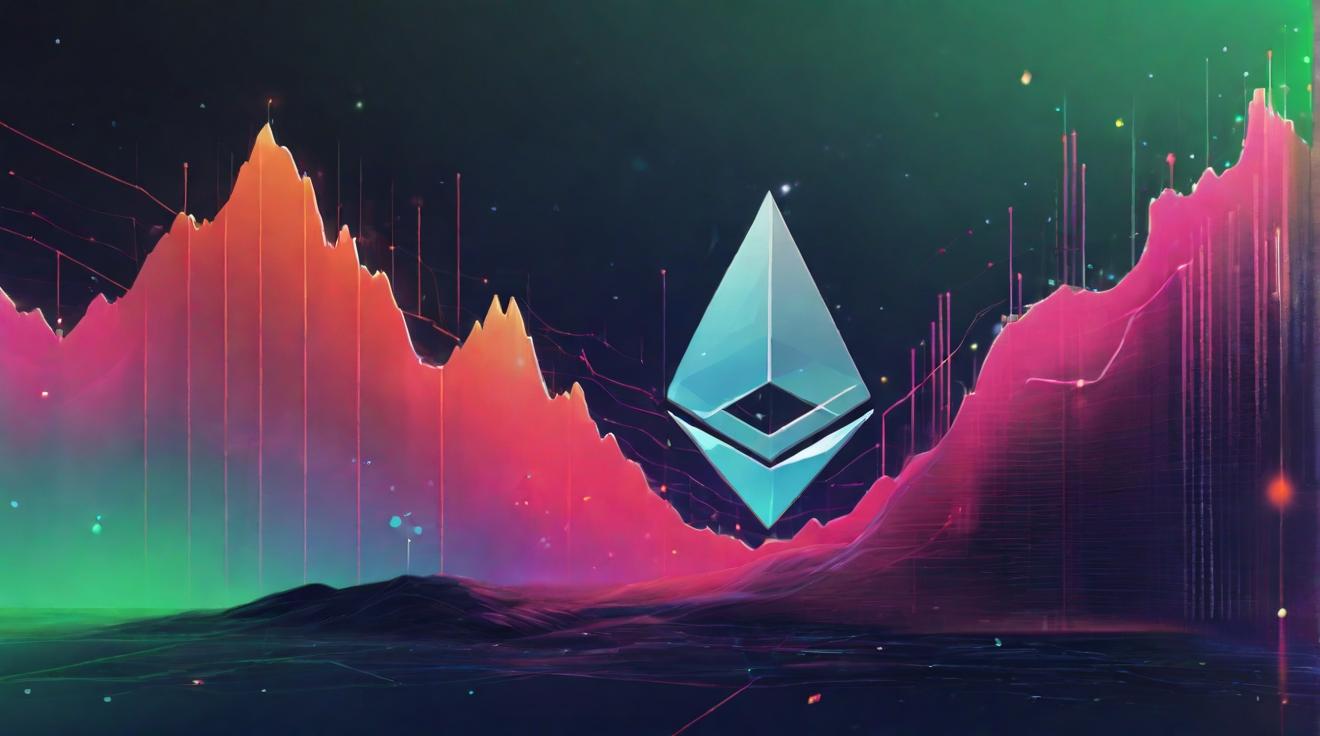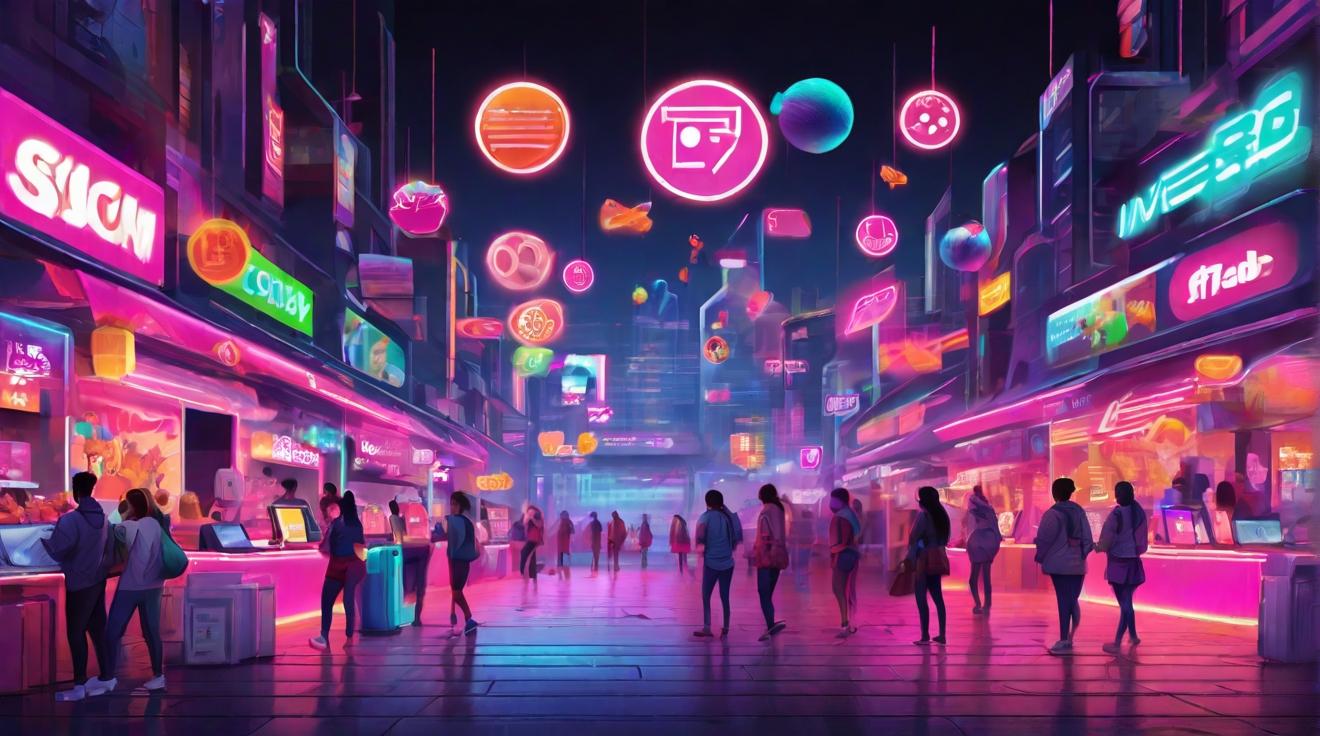The Future of Computing: AI-Assisted Interfaces Take Center Stage
Last week, I watched the launch of a groundbreaking product called Rabbit R1 at the Consumer Electronics Show (CES). With its unique interface and AI capabilities, Rabbit R1 promises to revolutionize the way we interact with technology. Unlike traditional smartphones with a grid of apps, Rabbit is an AI assistant that understands your needs and communicates them to your favorite apps, making your tasks seamless and efficient.
Bill Gates Predicts a Profound Shift in Human-Machine Interaction
Renowned tech visionary Bill Gates is among those who recognize the transformative potential of AI-assisted interfaces. He believes we are on the cusp of a new era in computing, where AI and natural language interfaces (NLI) will replace the need for users to learn computer languages. Instead of issuing commands in Python or JavaScript, users will simply be able to communicate with their devices in everyday language like English, French, or Bengali.
Gates explains that currently, we have to manually select various apps for different tasks, such as drafting a document or analyzing data. However, he predicts that within the next five years, this will change completely. AI will become the interface, allowing users to express their intentions in natural language and have their devices carry out tasks effortlessly.
From Apps to Agents: The Rise of Intelligent Interfaces
Another innovation making waves in this domain is the AI Pin developed by Humane. This wearable device, worn on the chest, acts as your personal assistant and performs tasks based on your spoken commands. Unlike traditional apps, which require manual navigation and command inputs, the AI Pin responds to your voice, eliminating the need for screens and apps altogether.
This shift from apps to agents marks a significant departure in human-machine interaction. While apps serve as a user interface to accomplish tasks, they are limited in their capabilities and require explicit instructions. In contrast, intelligent agents, like the AI Pin, are proactive and capable of making suggestions before you even ask for help. They can learn your preferences, remember your activities, and improve over time.
AI Pin and Rabbit R1 Lead the Way to a New Era of Computing
The emergence of products like the AI Pin and Rabbit R1 exemplifies the paradigm shift towards AI-assisted interfaces. These devices offer a glimpse into a future where computing is made more intuitive and user-friendly. Rabbit R1’s compact design, equipped with the Rabbit Eye camera and AI capabilities, allows for seamless communication between users and their favorite apps.
While these products may be relatively new and their success is yet to be determined, they pave the way for a new approach to technology. Bill Gates asserts that natural language interfaces and agents will bring about the most significant revolution in computing since the transition from command typing to graphical user interfaces.
Natural Language AI Agents: Reshaping Big Tech and Changing Lives
The implications of this transformation extend far beyond individual gadgets and devices. Natural language AI agents have the potential to reshape the landscape of Big Tech and fundamentally alter how we interact with technology on a larger scale. The capabilities of these agents go beyond those of traditional AI bots, as they can remember your preferences, recognize patterns in your behavior, and offer relevant suggestions without requiring explicit commands.
Microsoft’s CEO Satya Nadella aptly summarizes this shift, highlighting how computers are beginning to understand us rather than us understanding them. As the power of natural language AI agents continues to grow, computing will undergo another massive revolution, transforming our lives in ways similar to the advent of PCs and smartphones.
In conclusion, the launch of products like AI Pin and Rabbit R1 signifies the rise of AI-assisted interfaces and the imminent transition from apps to intelligent agents. Bill Gates and other tech visionaries predict that this shift will revolutionize computing and bring about a new era of human-machine interaction. As AI continues to advance and natural language interfaces become commonplace, the possibilities for innovation and convenience are limitless.
Analyst comment
Positive news:
The news about the launch of Rabbit R1 and the development of the AI Pin, along with the predictions of Bill Gates and other tech visionaries, signify a positive trend towards AI-assisted interfaces and the transition from apps to intelligent agents. This shift is expected to revolutionize computing and bring about a new era of human-machine interaction.
As an analyst, I predict that the market for AI-assisted interfaces and intelligent agents will experience significant growth in the coming years. The demand for more intuitive and user-friendly technology will drive adoption, leading to increased innovation and convenience for users. Companies in the tech industry that focus on developing and improving these AI technologies are likely to gain a competitive edge in the market.













